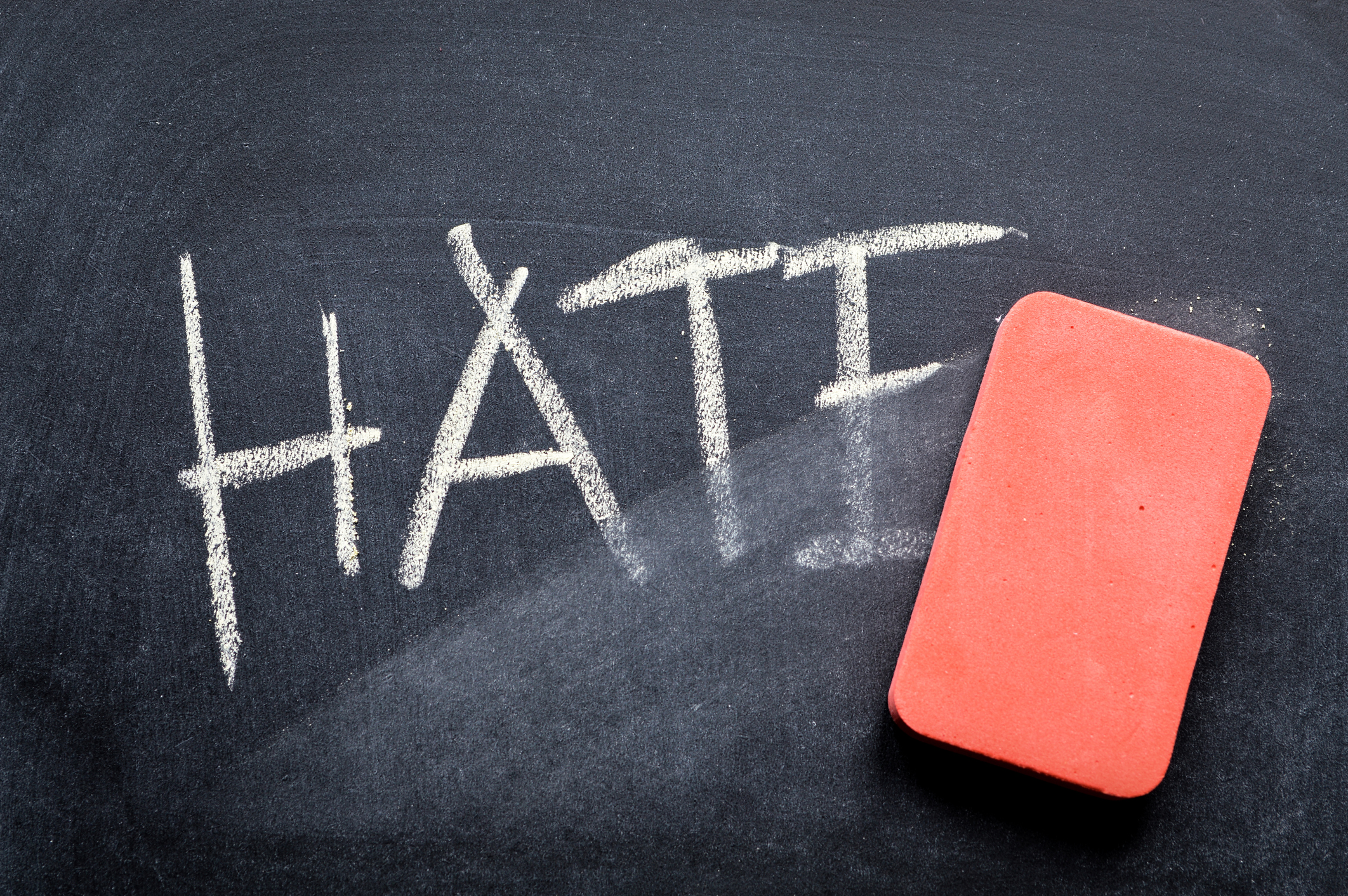Despite advances in equality, individuals who identify as lesbian, gay, bisexual, or trans (LGBT) still face discrimination and harassment every day. Sadly, some LGBT individuals are physically attacked, assaulted, and abused because of their sexual orientation and/or gender identity. This can only be defined as one thing – a hate crime.
A hate crime is defined as a “criminal offense against a person or property motivated in whole or in part by an offender’s bias against a race, religion, disability, sexual orientation, ethnicity, gender, or gender identity.” In other words, it’s a crime motivated by bias or hatred.
Most states in the country have hate crime laws. However, not all hate crime laws recognize LGBT protections. Here’s what you need to know.
Which States Have LGBT Hate Crime Laws?
Only Arkansas, South Carolina, and Wyoming do not have laws on the books that address hate crimes. The remaining 47 all criminalize hate crimes in some way, shape, or form. In many of those states, hate crime laws recognize sexual orientation and/or gender identity.
Sexual Orientation & Gender Identity Recognized By State Hate Crime Laws
In 21 states, a person can be charged with a hate crime for attacking someone because of their sexual orientation and/or gender identity. These include:
- California
- Colorado
- Connecticut
- Delaware
- Hawaii
- Illinois
- Maine
- Maryland
- Massachusetts
- Minnesota
- Missouri
- Nevada
- New Hampshire
- New Jersey
- New Mexico
- New York
- Oregon
- Rhode Island
- Utah
- Vermont, and
- Washington.
Washington, D.C., Puerto Rico, and the U.S. Virgin Islands also have these inclusive hate crime laws. Tennessee does not have hate crime laws that expressly include sexual orientation or gender identity. However, the state’s current laws are interpreted to include them.
Sexual Orientation Recognized By State Hate Crime Laws
There are 11 states in which a person can be charged with a hate crime if it is motivated by a bias related to sexual orientation. These are:
- Arizona
- Florida
- Indiana
- Iowa
- Kansas
- Kentucky
- Louisiana
- Nebraska
- Texas
- Texas, and
- Wisconsin.
In these states, a person can face hate crime charges for committing a violent act that’s motivated by bias against sexual orientation, but not gender identity.
States Where Hate Crime Laws Don’t Cover Sexual Orientation or Gender Identity
There are 15 states that have hate crime laws on the books, but which do not cover offenses motivated by sexual orientation or gender identity. They are:
- Alabama
- Alaska
- Georgia
- Idaho
- Michigan
- Mississippi
- Montana
- North Carolina
- North Dakota
- Ohio
- Oklahoma
- Pennsylvania
- South Dakota
- Virginia, and
- West Virginia.
Sadly, nearly one-quarter of the country’s LGBT population lives in one of these states.
Penalties for State Hate Crime Charges
Laws not only vary from state to state, but so do the penalties. In many states, the fact that an offense is classified as a “hate crime” is an aggravating factor. This means that the penalties for the underlying crime are increased.
In California, for example, Penal Code Section 422.75 PC, the state can seek an “enhanced penalty” if prosecutors can establish that a crime was motivated by hate. According to Ambrosio Rodriguez, a criminal defense lawyer in Los Angeles, CA, “a defendant could potentially see anywhere between an additional one to four years tacked onto their prison sentence.”
Hate crimes can also be a crime in and of themselves. For example, there’s also a specific hate crime law in California. Under Penal Code Section 422.6 PC, it’s a crime to willfully injure, intimidate, or interfere with someone to prevent them from exercising their legal rights, or to damage or destroy property for the same reason, because of a perceived belief about their sexual orientation or gender identity.
So what happens when someone is convicted of a hate crime or sentenced to an aggravated sentence because their crime was motivated by bias? Penalties might include:
- Less than 12 months in prison for a misdemeanor
- More than 12 months in prison for a felony
- Fines, often exceeding thousands of dollars, and
- Probation, which might include mandatory counseling, therapy, and community service.
Keep in mind that a criminal conviction can also have harsh collateral consequences. A person convicted of a hate crime might lose professional licenses they hold, have difficulty finding a job, and even face adverse family law consequences.
Federal Hate Crime Law and Penalties
In 2009, President Barack Obama signed the Matthew Shepard and James Byrd, Jr., Hate Crimes Prevention Act into law. Among other things, the legislation created a new federal criminal offense. Specifically, under federal law, it is a crime to willfully cause or attempt to cause bodily injury to another person with a firearm or dangerous weapon when “ motivated by the actual or perceived gender, disability, sexual orientation, or gender identity of any person.”
It’s important to note that, in order to get a conviction, the government must also prove that the hate “crime affected interstate or foreign commerce or occurred within federal special maritime and territorial jurisdiction.”
Under 18 U.S.C. Section 249(a)(2), a hate crime motivated by sexual orientation or gender identity is punishable by up to 10 years in prison. If a hate crime causes death or includes kidnapping or attempted kidnapping, aggravated sexual abuse or an attempt to commit aggravated sexual abuse, or attempted murder, the crime can be punished by any term of imprisonment, including life.


